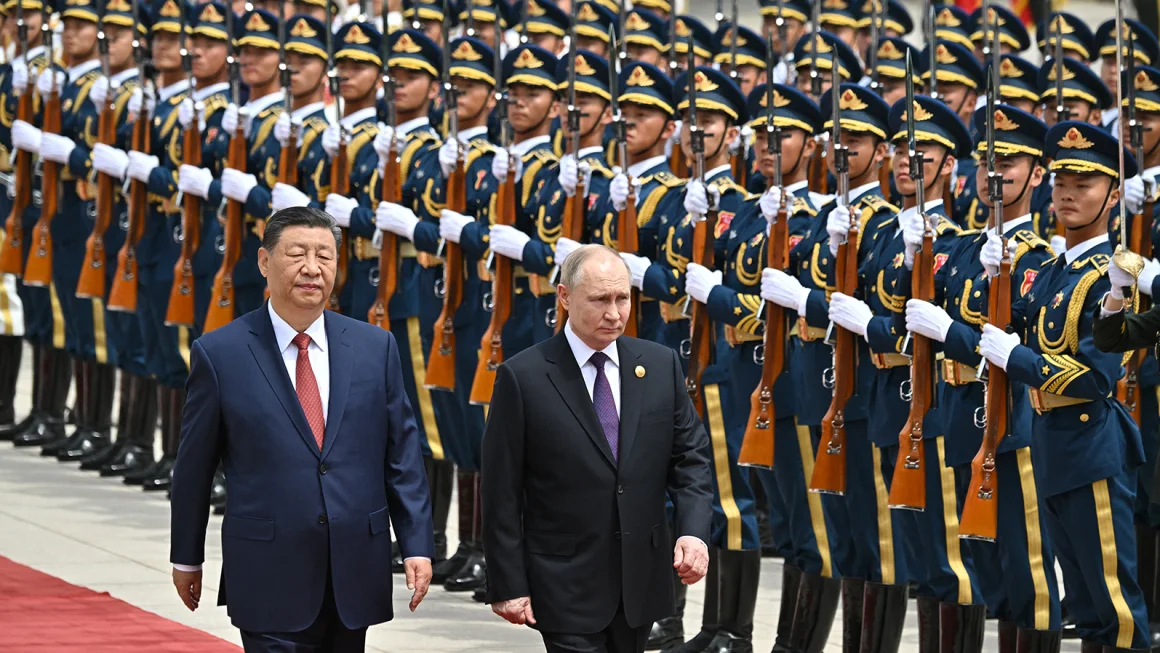As the war in Ukraine drags on, alliances are emerging that many analysts view as a potential “new axis” against Western nations. North Korea, Iran, and China have each offered different levels of support to Russia, raising concerns in Washington and among NATO allies. This cooperation among authoritarian nations, while not formally aligned, points to a shifting global dynamic as these countries signal their opposition to Western intervention.
North Korea has reportedly supplied Russia with arms, while Iran has been implicated in providing drones to Russian forces. China’s support, though more restrained, has involved extensive trade relations with Moscow and diplomatic backing, stopping short of direct military involvement. Together, these actions have allowed Russia to prolong its campaign in Ukraine despite Western sanctions and military aid provided to Ukraine.
The idea of a “new axis” is drawing attention in the U.S. as policymakers debate strategies to counteract this coalition. Some analysts warn that this alignment could signal a fundamental shift in international relations, potentially destabilizing existing security structures. The situation underscores the critical need for diplomatic and economic countermeasures as the West faces an increasingly unified front from adversarial states.











